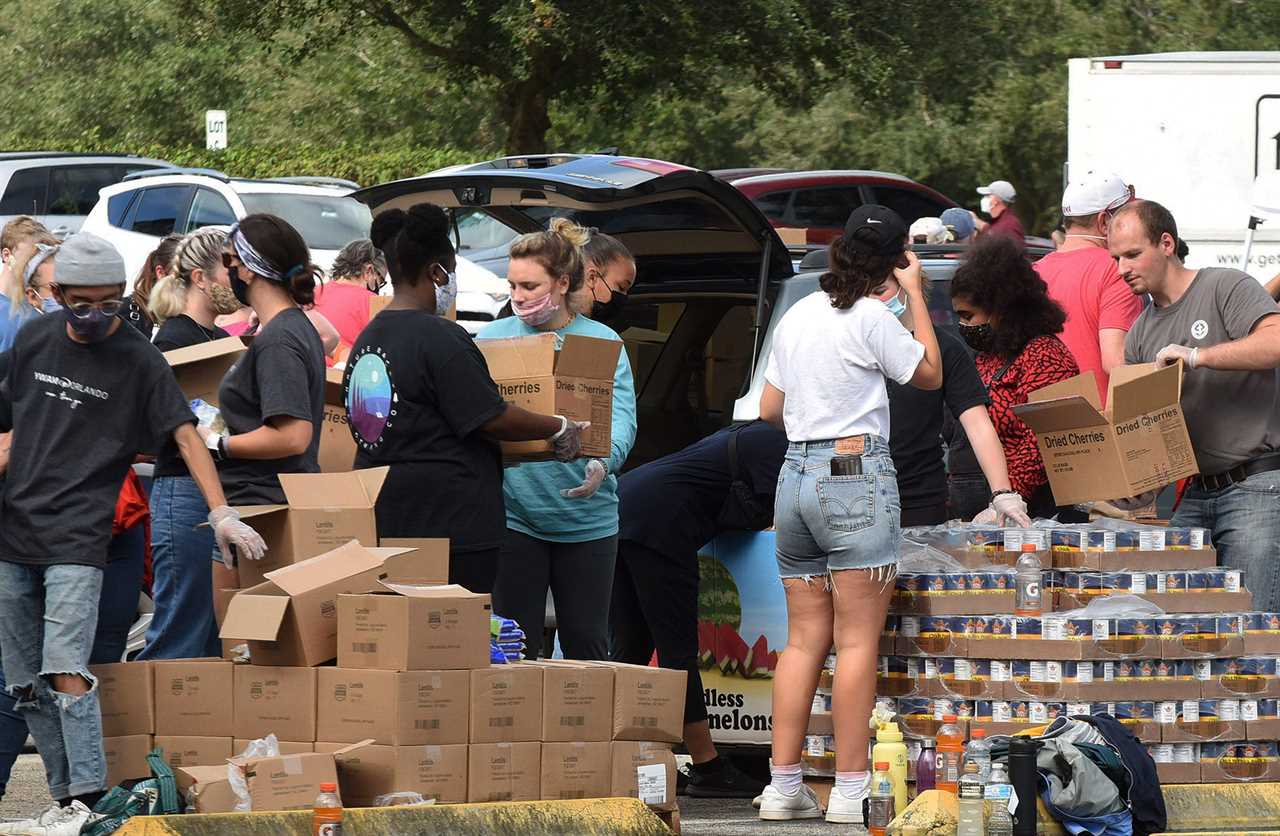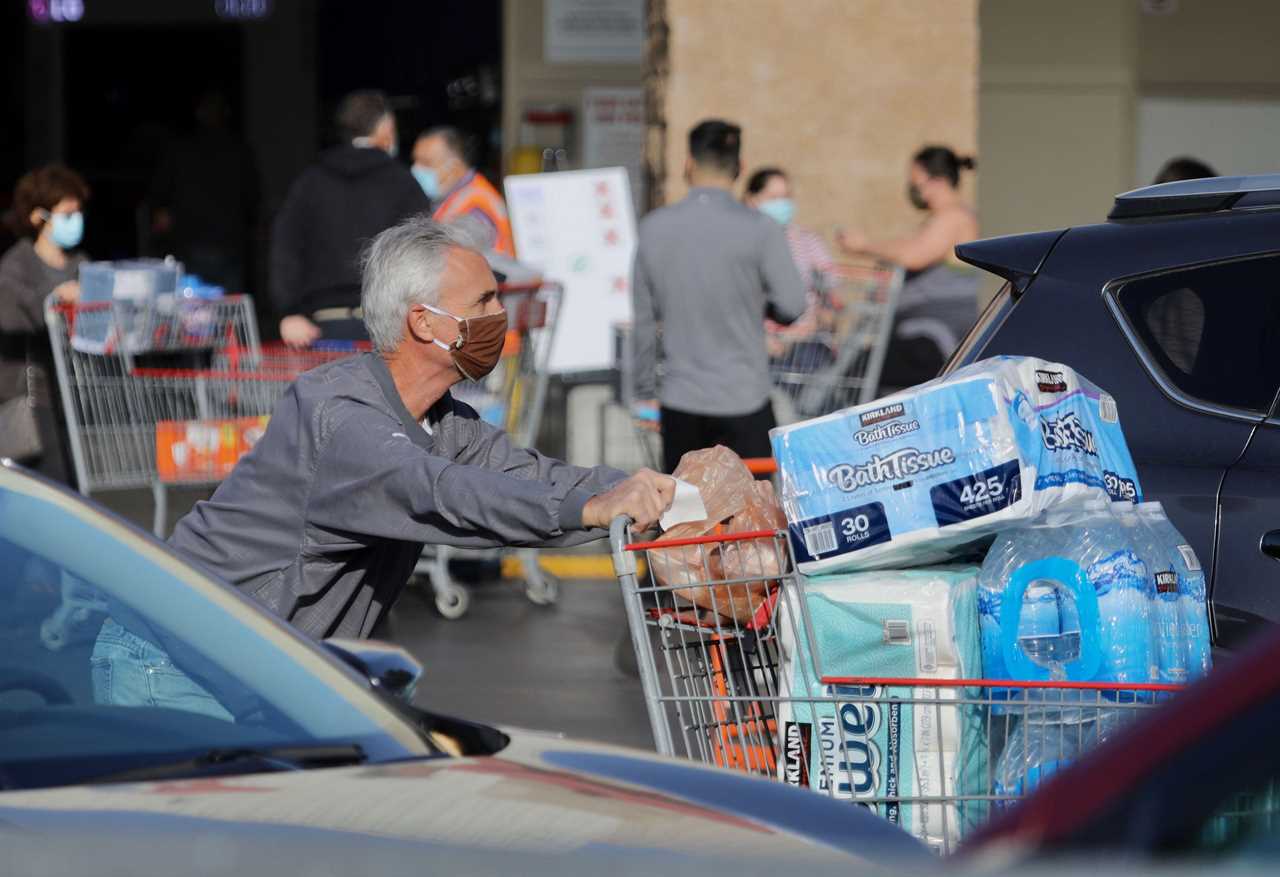POVERTY caused by the coronavirus pandemic is leading to a rise in people “stealing food to survive”.
It comes in the wake of rising unemployment and future economic uncertainty caused by the Covid crisis.
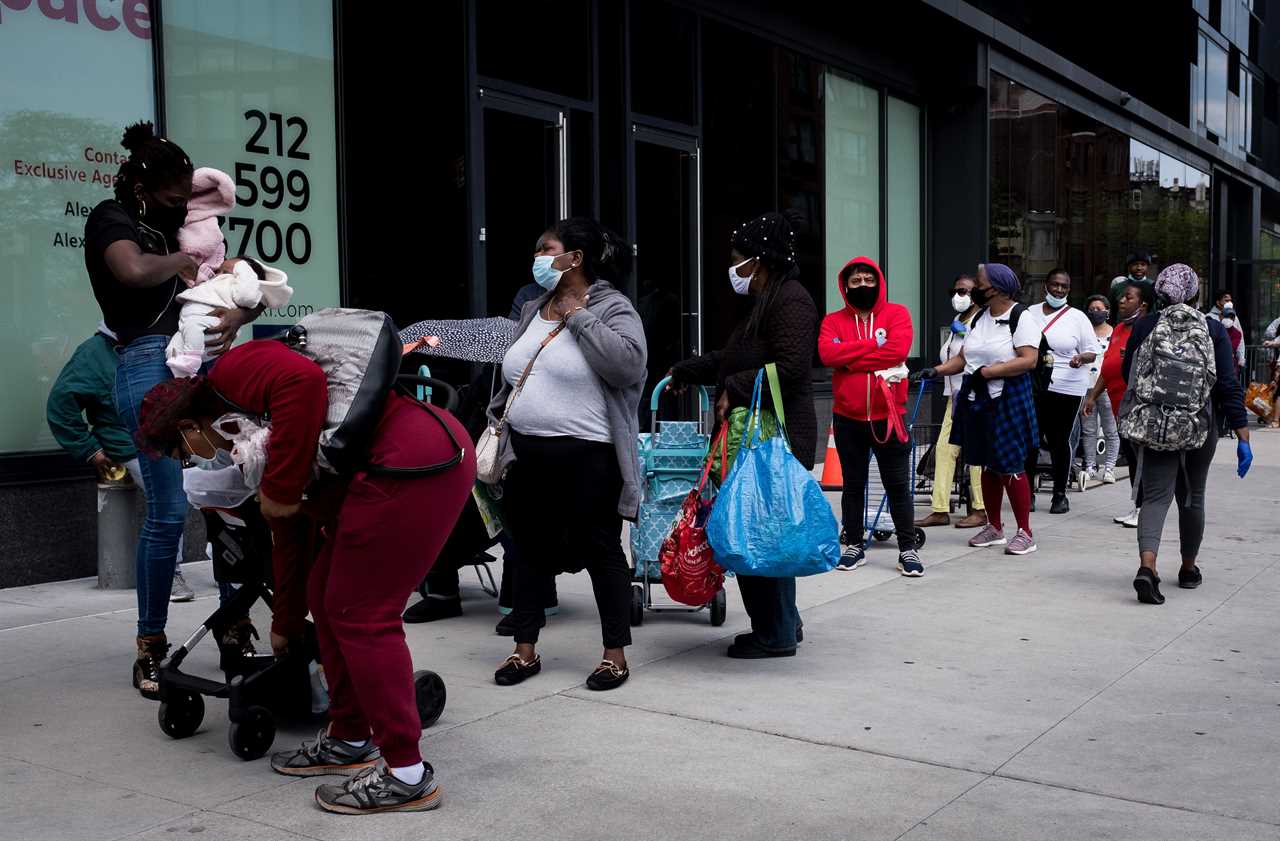
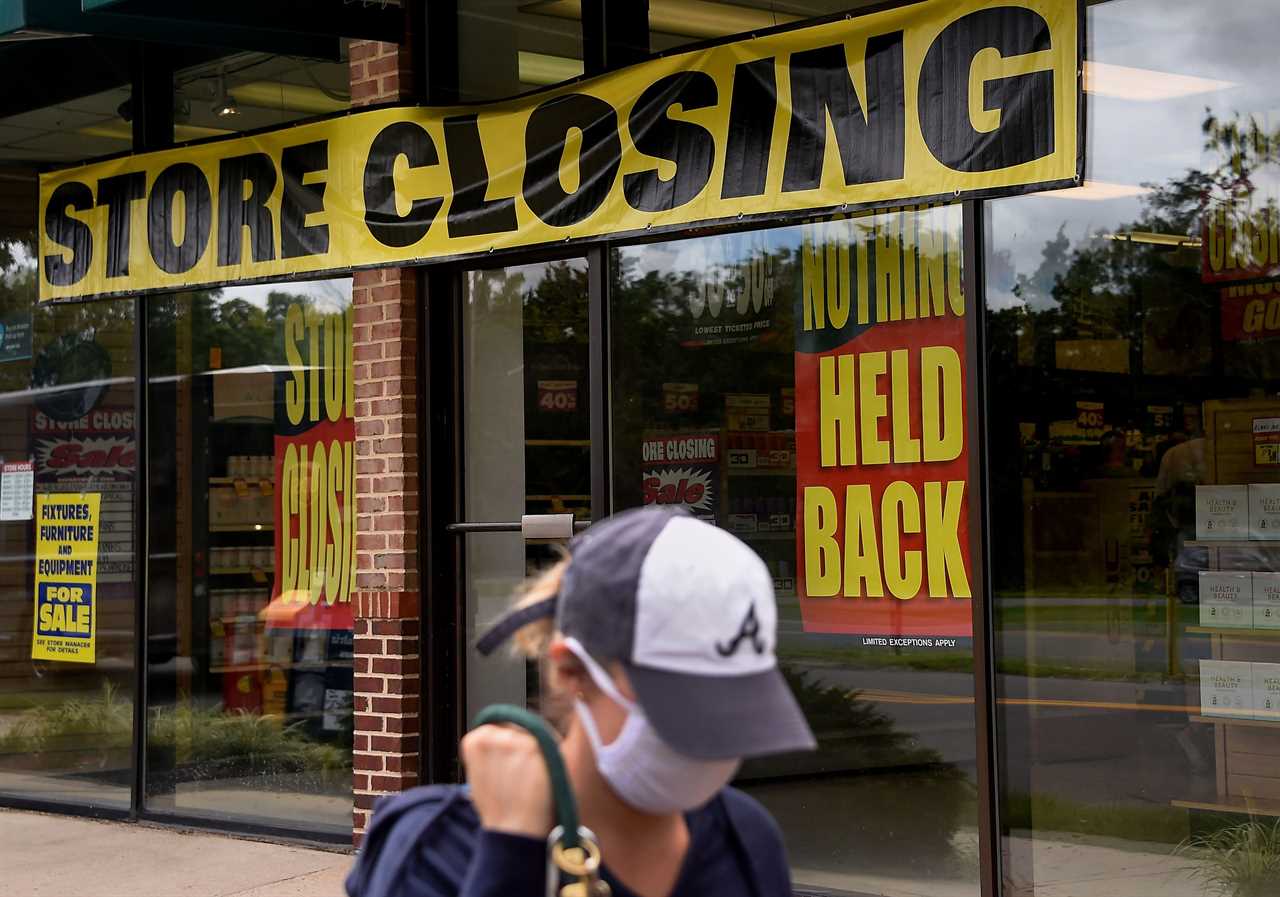
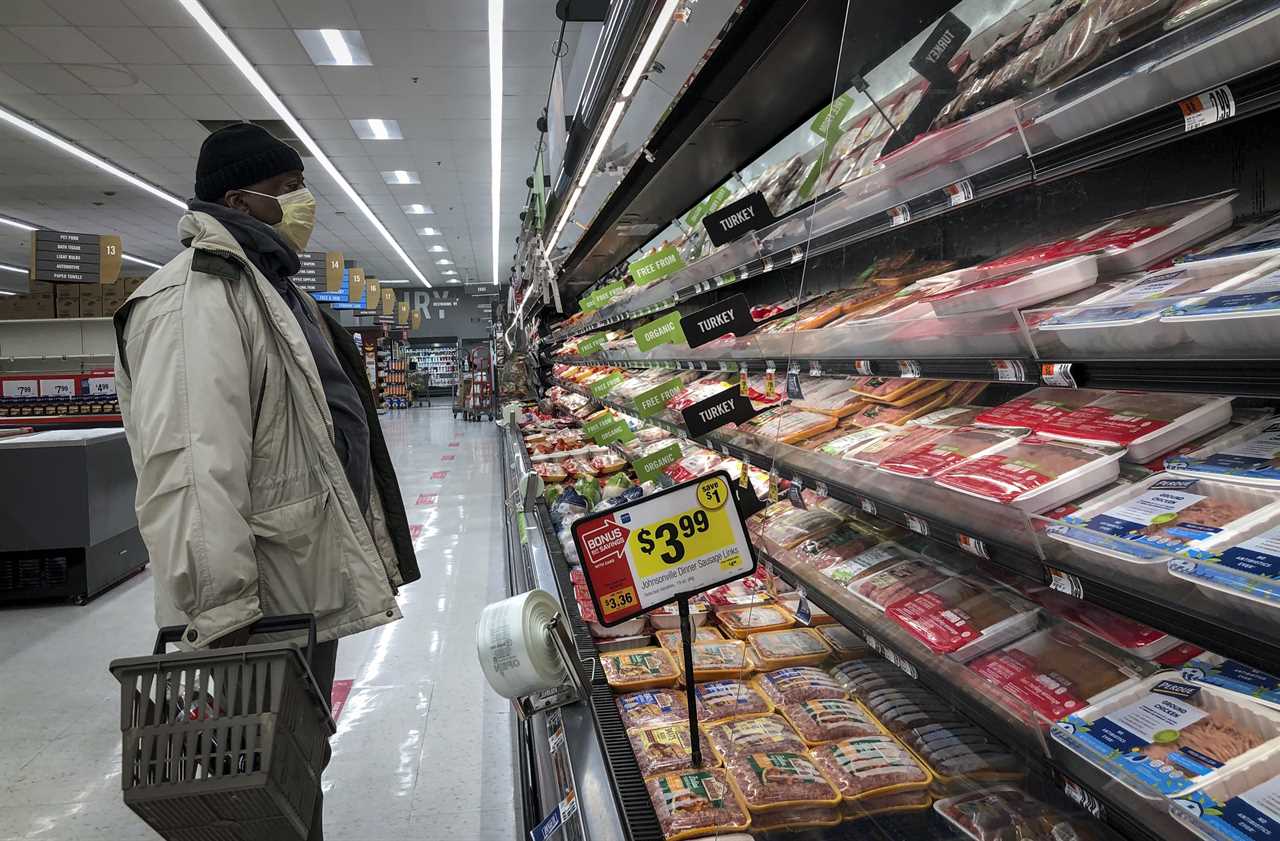
After the Trump administration’s Covid stimulus package ran dry -with no concrete plans for a follow up to stop millions more Americans falling into dire poverty – hunger in the nation has reached pandemic levels of its own.
More than 20 million Americans are on some form of unemployment assistance, while it’s also feared 12 million will run out of benefits the day after Christmas unless new relief is released soon.
Lawmakers this week made progress on a proposed $908 billion bill proposed by President-elect Joe Biden.
But the proposal does not include a second round of $1,200 stimulus checks, as congressional aides still back the details of the package out.
The US Department of Agriculture has warned an estimated 54 million Americans will struggle with hunger this year – a worrying 45% increase from 2019.
Meanwhile, food aid programs like SNAP and WIC being reduced and other federal assistance is on the brink of expiration.
Food banks are being inundated, reporting hours-long waits and lines that stretch into the thousands.
As such, shoplifting is on the rise, with people forced to take goods such as dried pasta, bread and baby products in order to make ends meet.
Jeff Zisner, chief executive of workplace security firm Aegis, said: “We’re seeing an increase in low-impact crimes.
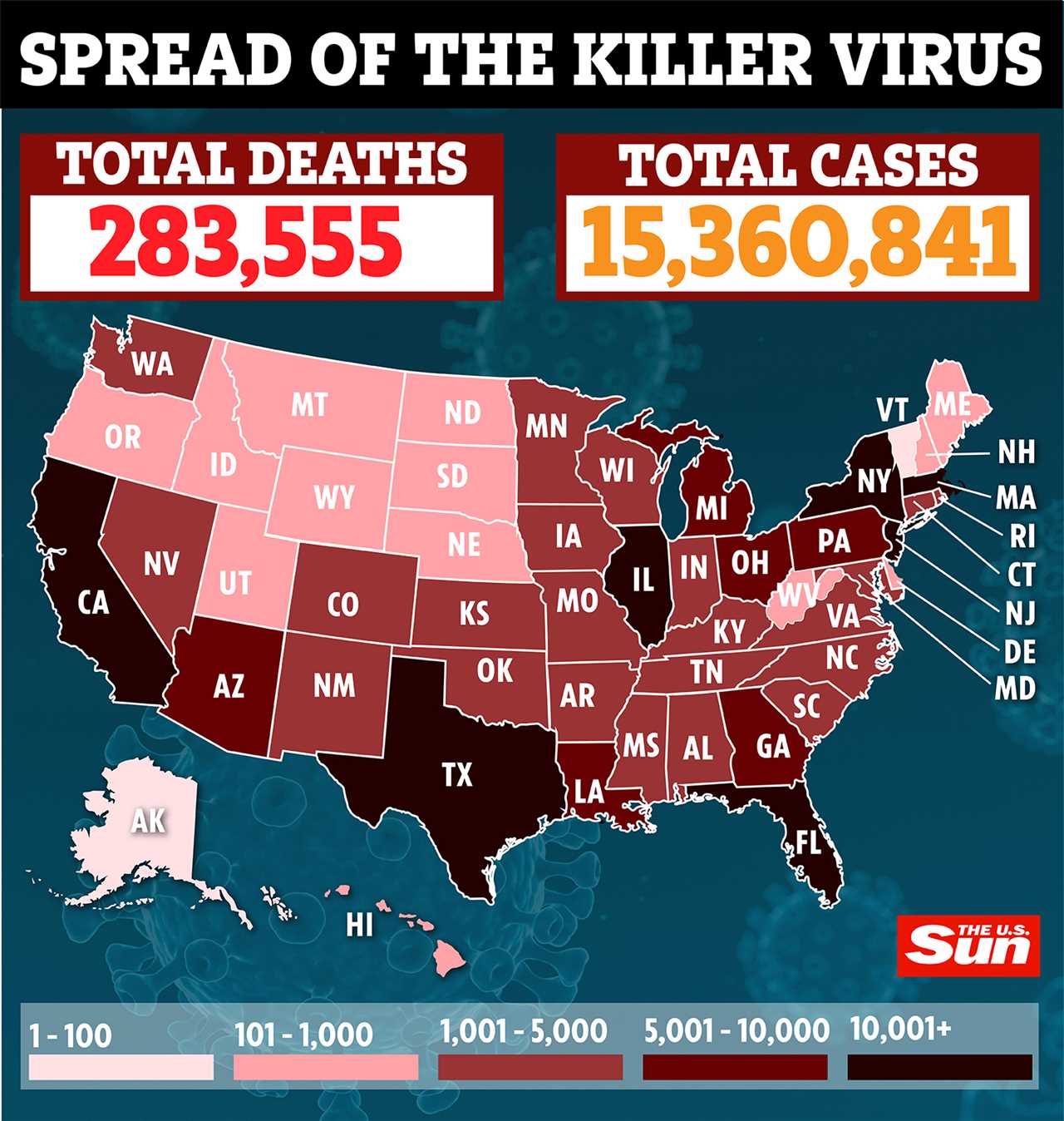
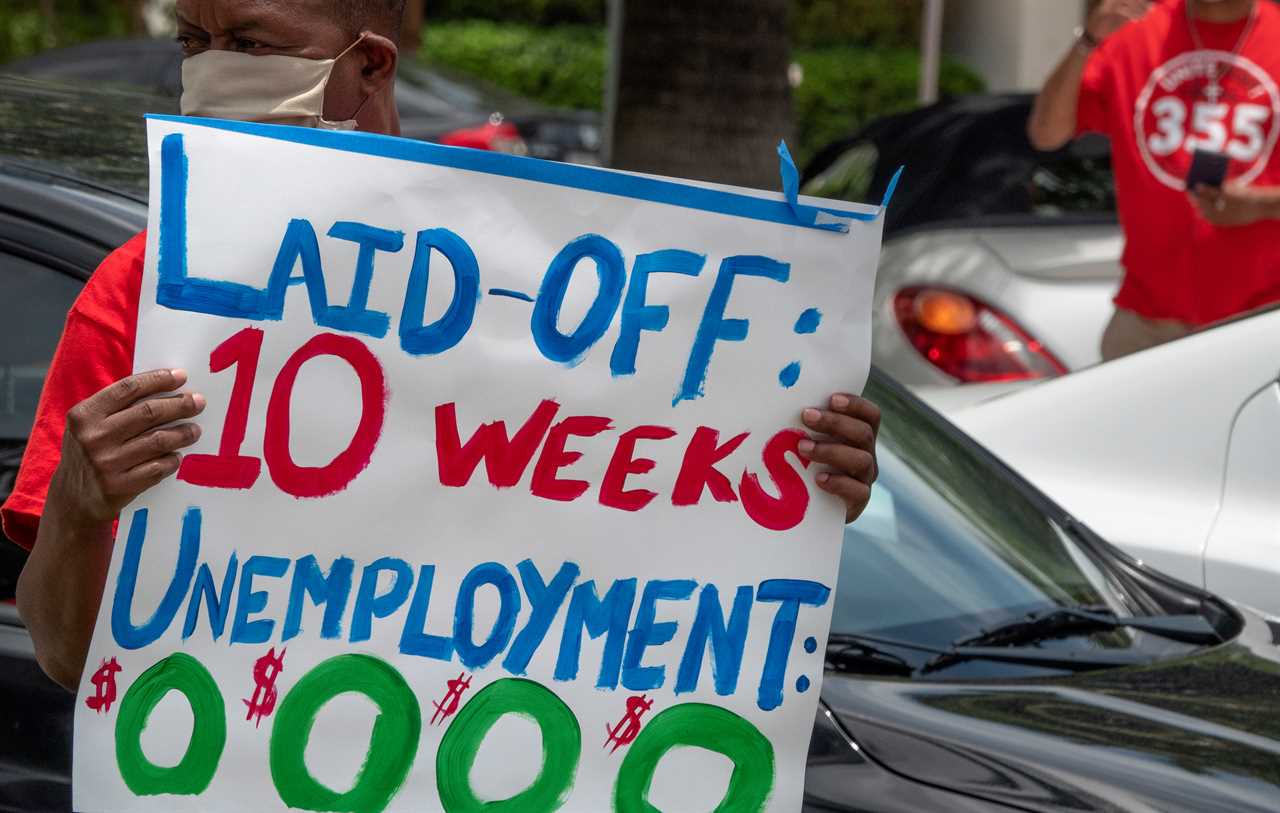
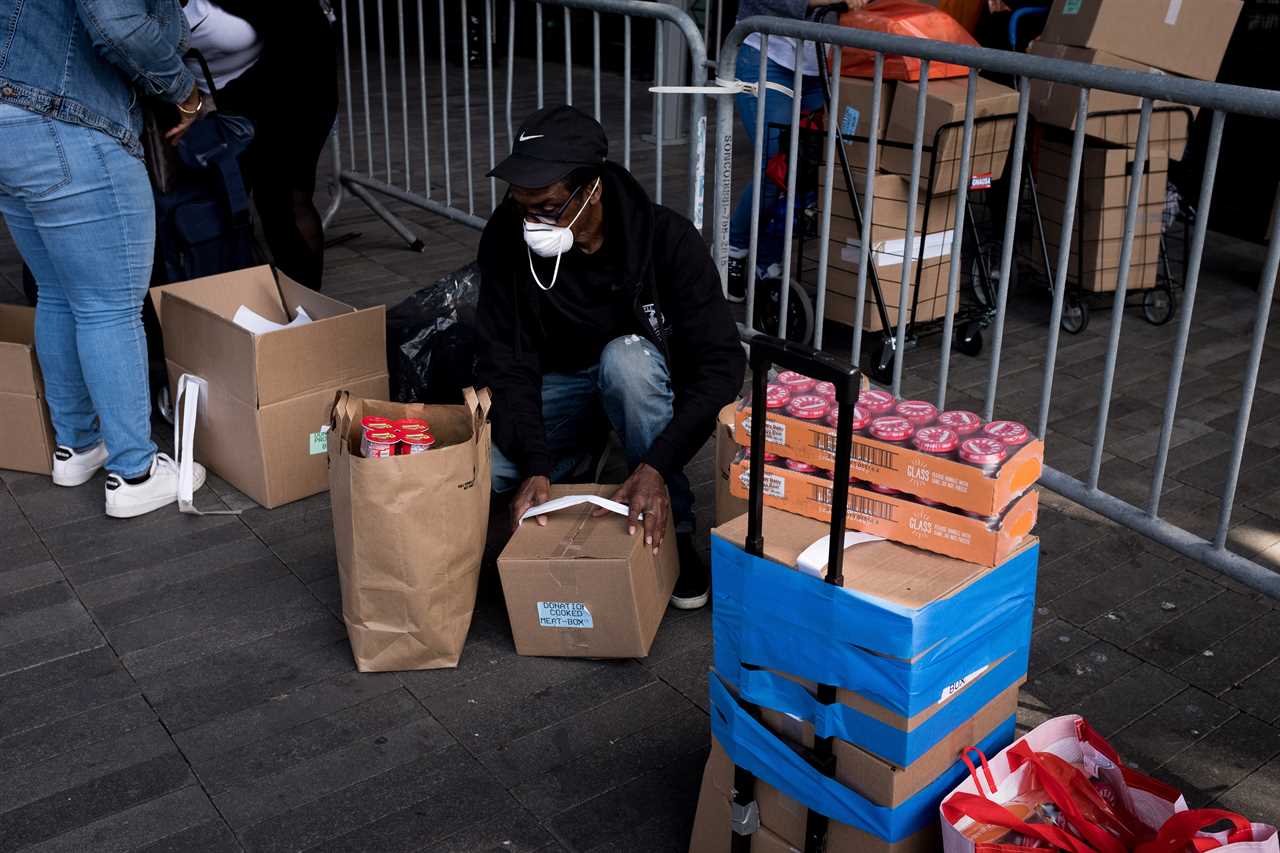
“It’s not a whole lot of people going in, grabbing TVs and running out the front door. It’s a very different kind of crime – it’s people stealing consumables and items associated with children and babies.”
One of a handful of security guards, shoppers and shopkeepers interviewed by the Washington Post, Sloane, 28, says she has taking products such as resh produce into her bag without paying for them since September.
Telling the Post she is worried about being caught and the impact of committing crime on her mental well-being, Sloane said: ”When you’re eating cheap meals every day, sometimes it’s nice to have an avocado to spice things up for one night.”
The struggling woman previously worked in the food industry until she lost her job as a result of the Covid crisis – and her partner quit his job in August as it felt unsafe to go back to work after being furloughed for months.
It meant there was no unemployment benefits for the couple to use – and now stealing to survive is their only option.
“Things are bad: We’re late on bills, we’re late on rent, our car is nine days away from being repossessed,” she continued.
“I’m used to being very self-sufficient and it’s an awful feeling to suddenly be so desperate.”
Nearly 26 million adults – or one in eight Americans – reported not having enough food to eat as of mid-November, according to the latest data from the Census Bureau.
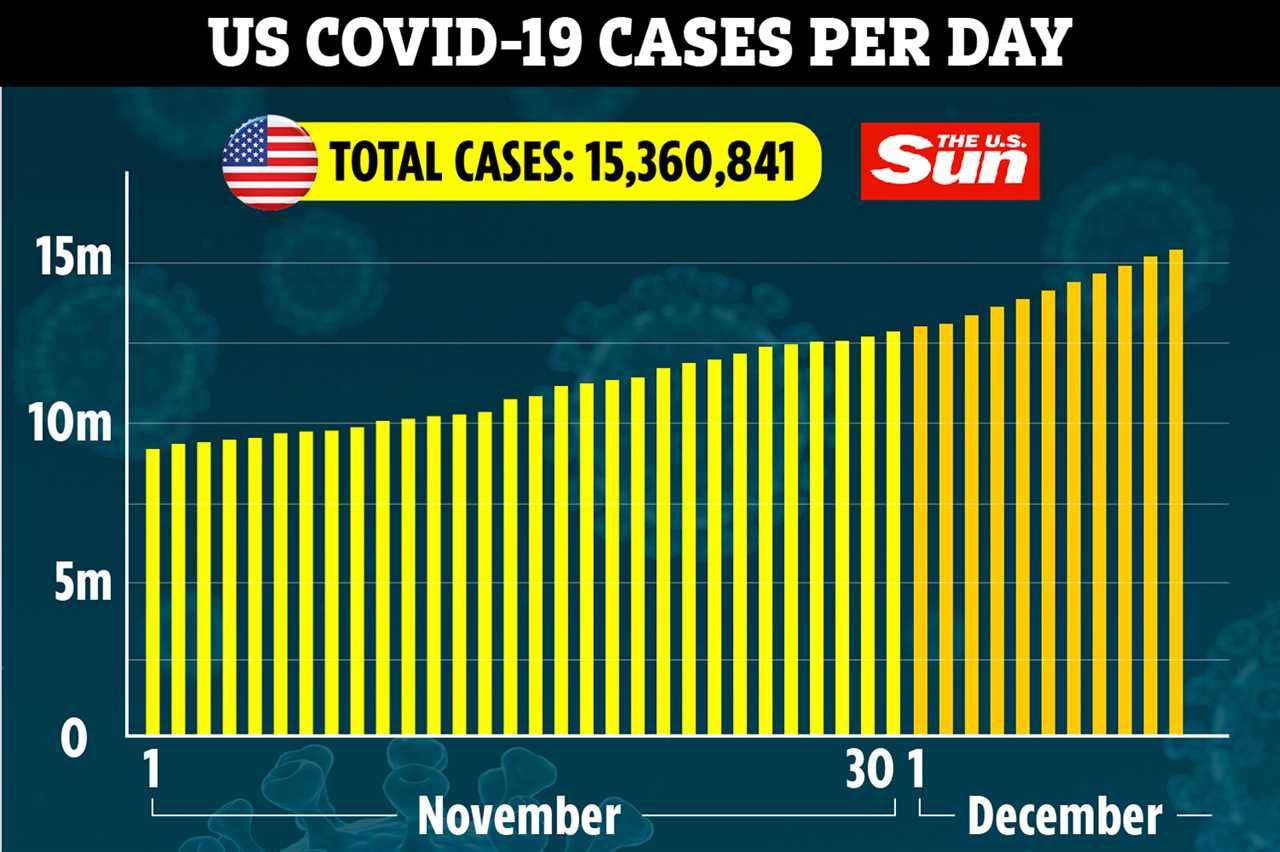
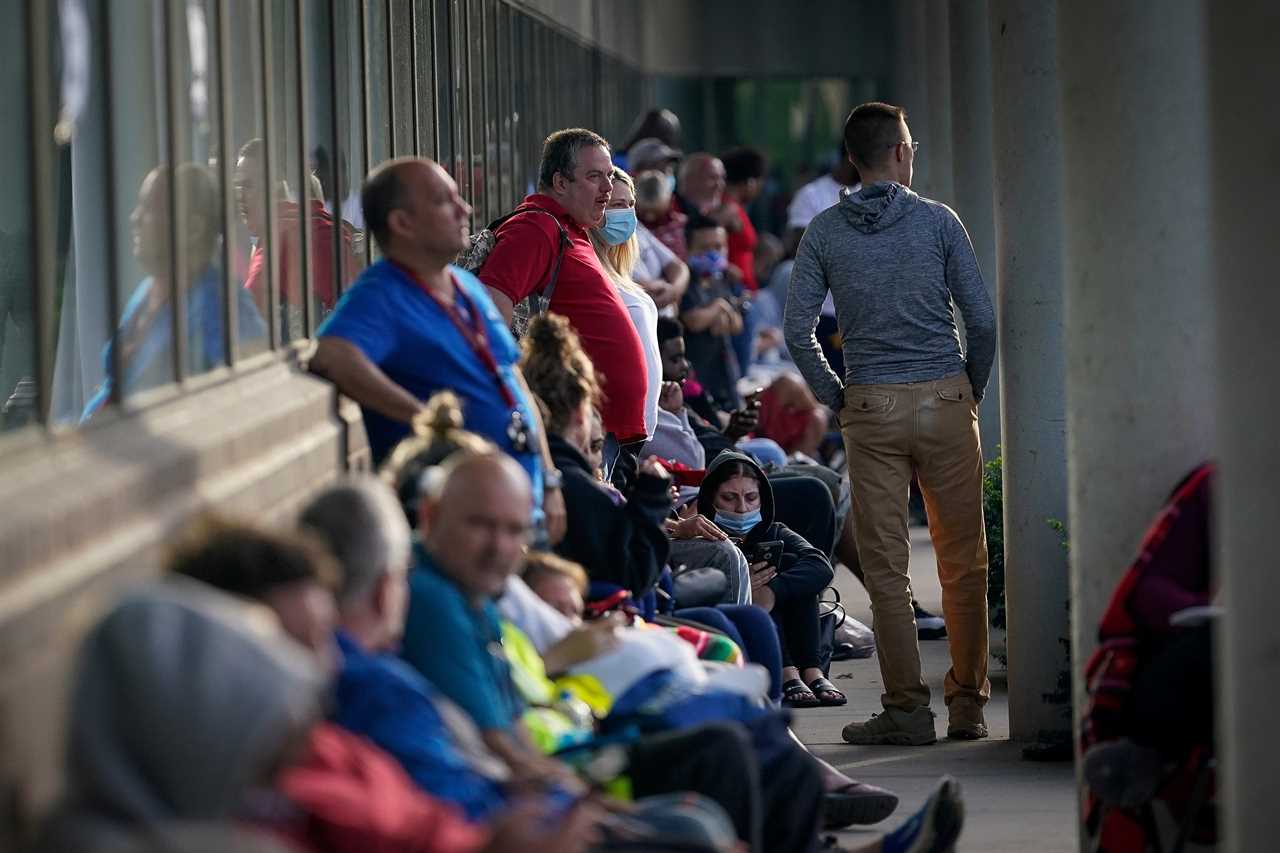
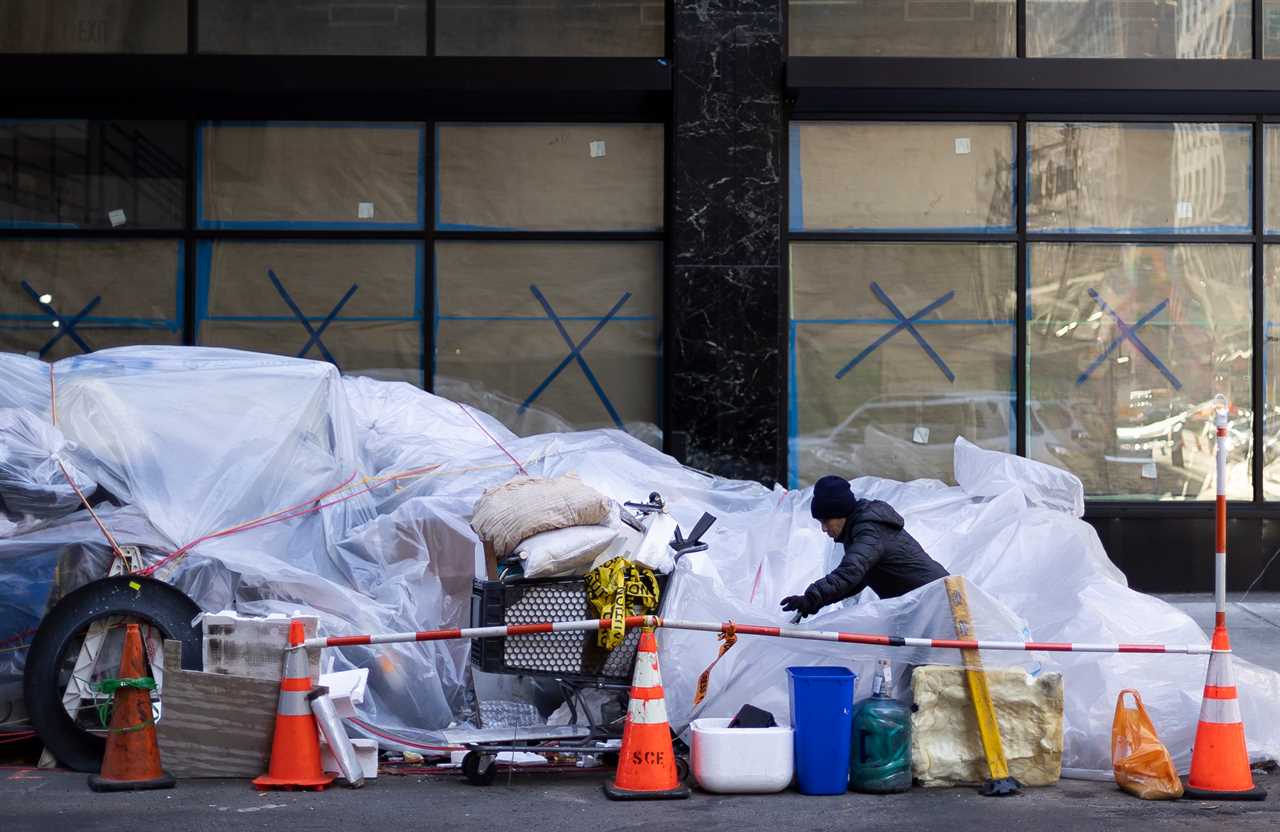
That figure has climbed steadily during the pandemic, and has hit record highs since the government agency began collecting such data in 1998.
And the US is now registering an average of 150,000 new cases a day, leading some communities to reintroduce draconian restrictions in an effort to contain the virus.
Most of California is now under strict stay-at-home orders, while states including Nevada, Maryland and Pennsylvania have issued new indoor occupancy limits.
But these tough measures are hitting already vulnerable workers in low-wage service jobs in restaurants, retail and bars the hardest.
Park, of Capitol Supermarket in Washington, D.C., for example, said he briefly considered hiring uniformed security guards to ward against theft, but decided it was too costly for the family-run business, which already has had to cut more than half its staff during the pandemic.
“My distrust has gone up since I see people shoplifting every day.
“I watch the security cameras a lot more often. If we let too many people steal, we’ll have to close.”
It comes as the US suffered its deadliest week since the Covid outbreak began with deaths, cases and hospitalizations hitting record highs in the wake of the Thanksgiving getaway.
In the past week deaths rose by 44 percent to 15,966, new cases by 1.4million while hospitalizations grew by 107,248 – an all-time high.
And more than 3,000 Americans died from Covid-19 in a 24-hour period for the second day in a row.
